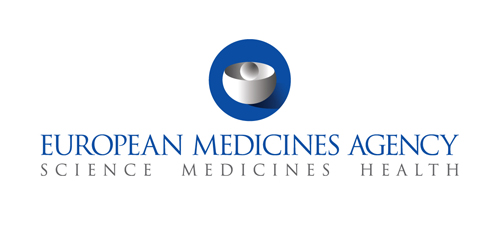EMA Highlights Trial Innovation, Real-World Data Advances

The European Medicines Agency (EMA) reported “remarkable” progress despite the pandemic in a mid-point assessment of its “Regulatory Science Strategy to 2025” to build a more adaptive regulatory system that will encourage innovation — including advances in clinical trials and a new real-world data (RWD) network.
The 65-page report, which looks at progress made from March 2020 to December 2022, notes the launch of the EU’s Clinical Trials Information System, which went live as a searchable public website in January 2022. The agency also launched the Accelerating Clinical Trials initiative to help develop the EU as a center for innovative clinical research.
Other advances included building the Data Analysis and Real-World Interrogation Network, publishing a catalog of observational data sources to be used in medicine regulation, publishing an executive summary about the best approach to generate and collect patient experience data, and holding a stakeholders’ workshop to support developers.
The EMA said it expects the progress to continue in the next two years.
The European Medicines Agency (EMA) is an agency of the European Union (EU) in charge of the evaluation and supervision of pharmaceutical products. Prior to 2004, it was known as the European Agency for the Evaluation of Medicinal Products or European Medicines Evaluation Agency (EMEA).
The EMA was set up in 1995, with funding from the European Union and the pharmaceutical industry, as well as indirect subsidy from member states, its stated intention to harmonise (but not replace) the work of existing national medicine regulatory bodies. The hope was that this plan would not only reduce the €350 million annual cost drug companies incurred by having to win separate approvals from each member state but also that it would eliminate the protectionist tendencies of sovereign states unwilling to approve new drugs that might compete with those already produced by domestic drug companies.
The EMA was founded after more than seven years of negotiations among EU governments and replaced the Committee for Proprietary Medicinal Products and the Committee for Veterinary Medicinal Products, though both of these were reborn as the core scientific advisory committees. The agency was located in London prior to the United Kingdom's vote for withdrawal from the European Union, relocating to Amsterdam in March 2019.
March 30, 2023



